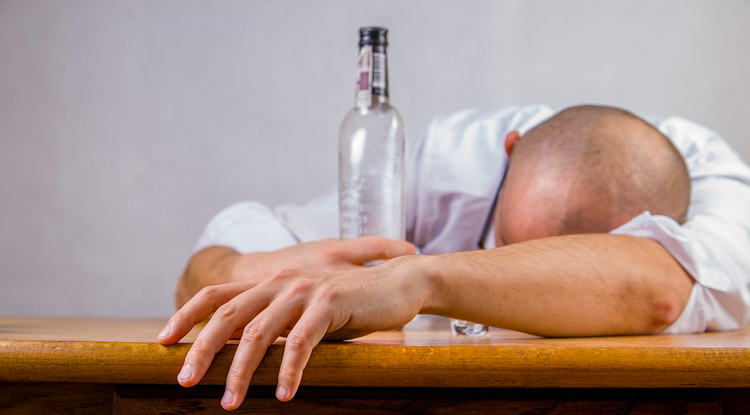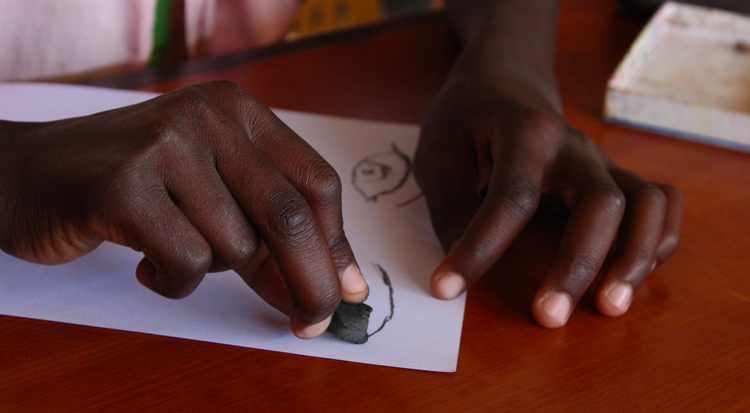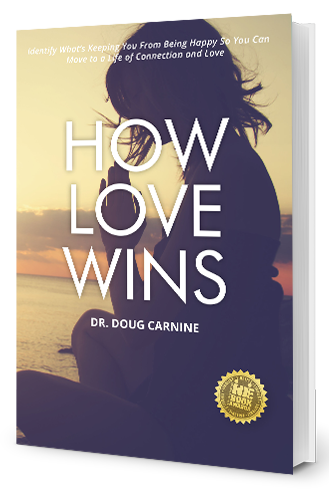Mindful Self Care Evolves from the Medical Community
Historically, ‘self care’ came from the medical community, a practitioner’s way of rating how well the ill can handle the activities of daily living. In modern language use, the concept is evolving to include all habits & activities of daily living that help you achieve your preferred state of being. This includes a spectrum of both extremes ranging from completely codependent to fully independent. If you are fully functional mentally, the process of taking inventory of who you are, what lifestyle is ideal, and how to innovate evolving your being towards what you aspire to be, is all simply layers of patterns away. Today’s trending awareness of mindful self care habits is becoming a necessary cornerstone for everyday living. Most of us will operate by co-dependent forms of self care, which are often inherited from social programming. When one has a bad day, how they act out says a lot about their relationship to themselves and how functional their self care habits are. The difference of mindfully exploring one’s self, is the privilege of independent self care. The better you understand what you need, the easier it is to innovating your quality of life. This is the greatest gift you can give to yourself.
Codependent [koh-di-pen-duh nt]
Adjective: 1. of or relating in which one person is physically or psychologically addicted, as to alcohol or gambling. Noun: 2. excessive emotional or psychological reliance on a partner, typically a partner who requires support due to an illness or addiction.
Codependent Self Care
Usually an unconscious form of relying on common habits, numbing out, or short term 'fixes' from outer sources to survive life with marginal success. (i.e. Using alcohol instead of constructively reducing social anxiety. One of the the most cited reasons former alcoholics express how their addiction started. For social connection.)
Habits are adaptable.Independent [in-di-pen-duh nt]
Adjective: 1. not subject to another's authority or jurisdiction; autonomous; free: 2. not depending or contingent upon something else for existence, operation, etc. 3. possessing a competency.
Noun: 4. an independent person or thing.
Independent Self Care
Usually a conscious form of self development, self validation, self exploration, and self directed improvements towards achieving a preferred state of being. (i.e. Self validation means noticing when your choices have resulted in positive results, and appreciating the wisdom and follow through to create such an outcome.)
Self appreciation works.Mindful [‘min(d) fel] adjective + Self Care [self-kair] : noun
1. Attentive or careful noting of one’s psychological observation of experiences. + 1. The care of oneself without medical, professional, or other assistance or oversight.
Codependent Sources of Self Care

Self exploration, self inventory, self gratitude, self validation, full creative expression, and spiritual exploration are all forms of independent self care. Being self reliant in your self care allows you to shift your attention away from harmful thoughts that lead to reactive actions. This saves your attention and energy for choosing constructive ways of communicating.
Popular Forms of Independent Self Care
Independent Sources of Mindful Self Care

Building a Mindful Self Care Foundation
Unless you are a child, or need ongoing help with a medical condition, codependent habits can disempower you. If you grew up in a dysfunctional family, it’s recommended to review codependency patterns and see if you need structured support for healing through groups such as Codependents Anonymous (CoDa.) Otherwise, if you are ready for a breakthrough, here are the foundational elements worth considering.
Optimize Biochemical Performance
Your mind consumes the most calories of any other organ in the body at 30%. Eating for clarity, energy, and feeling your best is worth it. Without nutritional support, your mental ability is reduced. Viewing what you eat as a necessary energy source for mental performance is one the highest forms of self care. Honoring the body’s need for exercise as necessary for detoxing through sweating, has a cascading effect of benefits in improving cellular function, energy, and self confidence.

Minimize Negative Mind Wandering
The mind is capable of processing an average of 70,000 thoughts per day. Increasing the percentage of time spent in gratuitous, peaceful, laughter-inducing positivity, makes enjoyment part of your mental habits. The mind prefers thoughts that lead to connection, hence, each oxytocin kick from connecting leads to stronger positive mental habits that facilitate the connection. Being observant of harmful thoughts that lead to reactive negative responses is good towards diverting your attention and energy in constructive ways.

Habitual Self Care Practices
A self designed self care protocol, means you have multiple ways of self soothing, self collecting, and self validating towards empowerment. It doesn’t matter that to meditate, you merely need to stay in the bathroom and mentally meditate for 3 minutes before returning to your work. The more that you understand how your mind and body best operate, the better you can support those needs and build trust in your instincts to choose better, which means you are building self confidence. What are you willing to do to live your best?

We Wish Gluten-Free
Were a Fad
As gluten sensitivity testing improves, we now have more information on how different allergic reactions can be. Typically stomach inflammation and skin outbreaks were the most common, but now autoimmune, brain and nervous system dysfunction are being linked to the body's struggle to digest this.
3 Reasons Gluten Intolerance May Be More Serious than Celiac Disease
1. Celiac's is easy to diagnose, a gluten sensitivity is not. 2. Culturally, people oppose this as a possibility, hence many people suffer without proper diagnosis. 3. Patients do not take treatment seriously.
See the research!Why You Need a Sugar Detox
As more research emerges on the strong correlation between diabetes and depression, we're starting to take sugar's toxic effect on the brain seriously. The 30 minute post ingestion sugar crash is real, and the resulting depressed state isn't something we can choose to snap out of, many of us unconsciously repeat the cycle.
Sugar Sets Your Mood Up for Failure
"Your brain cells need twice the energy of other cells in your body, it's no surprise, then, that your head is extremely sensitive to changing blood sugar levels."
–Dr. Natasha Turner, ND
The Best Mindful Thing One Can Do When Triggered: “Just Breathe” by Julie Bayer Salzman & Josh Salzman (Wavecrest Films)
Notice how the video correlates the relationship between feeling anger and mindfulness. Hopefully as these children become adults, they will continue to regain calmness in the moment.
“When I take deep breaths and calm down, then I’m ready to speak to that person…”Triggered Inner Child
UC Davis Psychology Graduates Prove Mindfulness Lowers Stress
At an individual level, there was a correlation between a high score for mindfulness and a low score in cortisol both before and after the retreat. Continued >>
Mindfulness Research Outcome:
"The more a person reported directing their cognitive resources to immediate sensory experience and the task at hand, the lower their resting cortisol," Jacobs said.
See The Research ArticleNeed A Change? Read Our Books
Illustrating the Importance of Mindful Kindness
How Negative Mind Wandering Makes Us Crazy
Weakening Unkind Habits While Strengthening Kind Ones For Self & Others
Worldwide Mindfulness & Kindness Research
How Blending Mindful Kindness Gives You A Serious Edge
All The Above Combined = Cherish Your Mindfully Kind Life

A Story About Two Friends Supporting Each Other’s Mindful Self Care Through Letters
Saint Badass
This story details the serendipity of how a prisoner and an author become friends over their shared bond of practicing meditation, mindfulness and kindness. This leads to a positive ripple effect throughout a maximum security prison.

A Collection Of Research, & Practical Applications For Making Mindfully Kind Habits
How Love Wins
This is a follow up book to Saint Badass and focuses in on the available research for how mindfulness and kindness change us and what the potential is for how we relate to one another. This book details the power of fusing these qualities into our habits.
Rather than seeing myself as a calm person at one time, or an angry person at another time, I recognize that I have an unkind habit of anger, and a kind habit of calmness, I can weaken one while strengthening the other.
–Doug Carnine, PhD
GET OUR FREE MINDFULLY KIND GUIDE
Join our email list for minimal updates & get a free guide! Fill in the form, verify your email and you’ll be sent a link to download our free guide.

